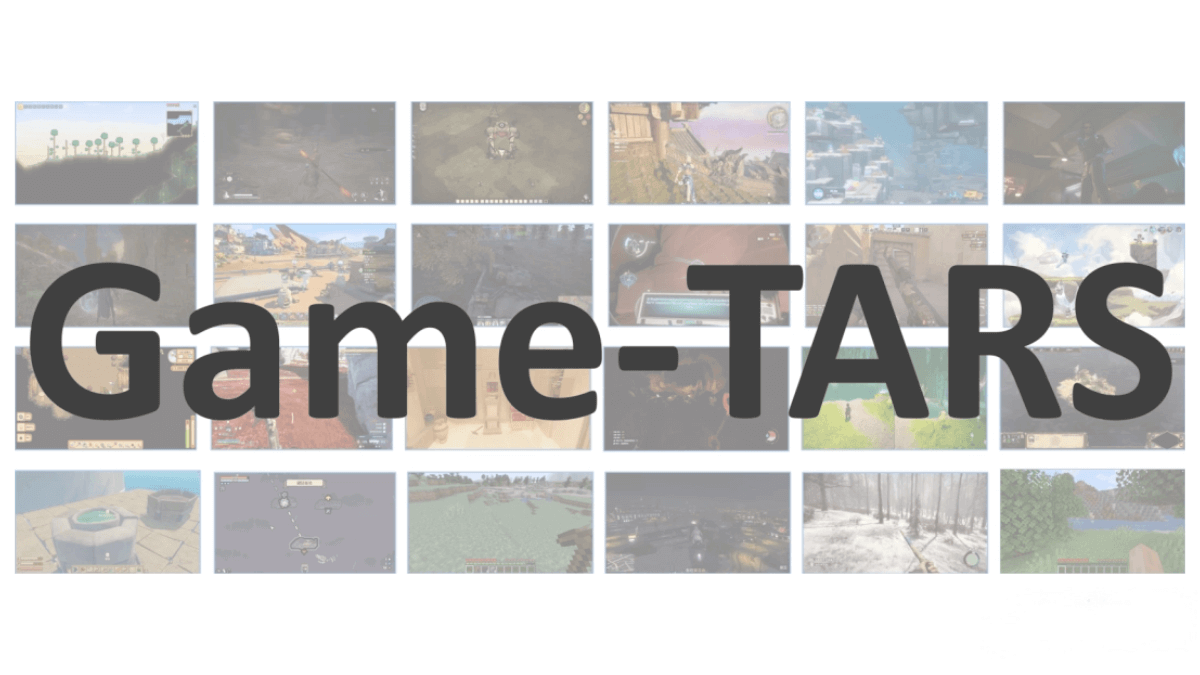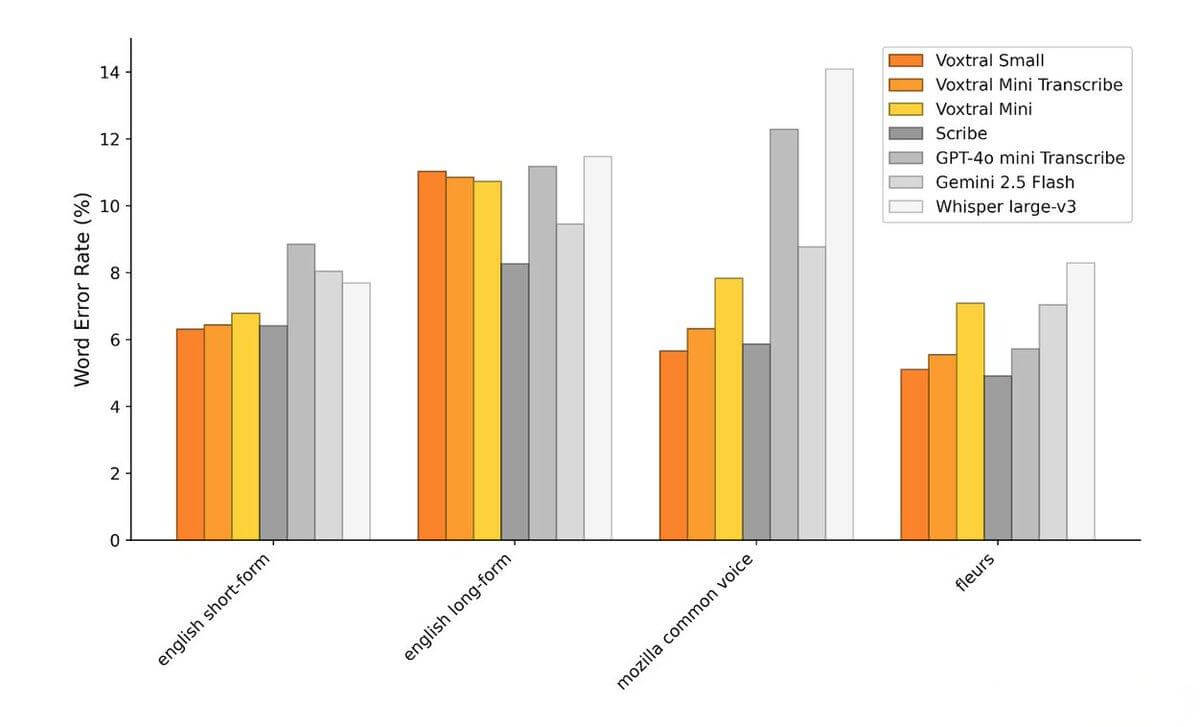Game-TARS – A General-Purpose Game AI Agent Developed by ByteDance
What is Game-TARS?
Game-TARS is a general-purpose game AI agent developed by ByteDance’s Seed Team. It is trained on a unified keyboard–mouse action space, enabling large-scale pretraining across operating systems, web environments, and simulators. Built on over 500 billion multimodal labeled data points and enhanced with sparse reasoning and decay-based continual loss, Game-TARS significantly improves scalability and generalization.The core innovation of Game-TARS lies in enabling agents to play games like humans — through actual keyboard and mouse operations. By simulating human physical interactions, it aligns directly with human input modalities. In tasks across FPS games, open-world titles, and web-based games, Game-TARS outperforms GPT-5, Gemini-2.5-Pro, and Claude-4-Sonnet.

Key Features of Game-TARS
1. Cross-Platform Game Control
Game-TARS operates through a unified keyboard–mouse action space across multiple platforms (PC, web, simulation), eliminating the need for platform-specific scripts. This enables automated testing and seamless cross-platform interaction.
2. Multimodal Pretraining
Trained on over 500 billion labeled multimodal data points, including gameplay trajectories and GUI interactions, Game-TARS gains robust generalization and adaptability to handle complex gaming tasks across genres and environments.
3. Efficient Sparse Reasoning
By applying sparse reasoning, Game-TARS performs deep inference only at critical decision points. Combined with rejection fine-tuning, this approach optimizes the inference process, improving reasoning efficiency and action precision in dynamic gaming environments.
4. Dual Memory System (Short- & Long-Term)
Incorporates both short-term memory (for recent visual data) and long-term memory (for refined sparse-thought text), enabling Game-TARS to retain key information over extended gameplay, improving task completion and interaction intelligence.
5. Zero-Shot Transfer Capability
After large-scale pretraining, Game-TARS can adapt to unseen 3D web games without additional training, completing new tasks directly — demonstrating remarkable generalization and zero-shot transfer abilities.
6. Instruction Following & Action Semantics Understanding
By using random key-bind substitutions and prompt-based training, Game-TARS enhances its instruction-following and action-semantic understanding abilities, allowing it to interpret and execute complex task instructions accurately across different game environments.
Technical Principles of Game-TARS
1. Unified Action Space
Adopts human-aligned input actions such as mouseMove, mouseClick, and keyPress, decoupling the action instruction set from any specific OS or application, ensuring cross-platform universality.
2. Multimodal Pretraining
Trained on a vast corpus of over 500 billion multimodal labels, including game trajectories, GUI interactions, code generation, and research-related data — enabling strong adaptability and generalization across diverse digital tasks.
3. Sparse Reasoning Strategy
Implements Sparse-Thinking to perform deep inference only when necessary, combined with Rejection Fine-Tuning to streamline decision-making, improving operational efficiency and precision.
4. Integrated Vision-Language Model (VLM)
Integrates visual perception, policy reasoning, action execution, and long-term memory within a single VLM, removing the need for task-specific rules or code. Game-TARS autonomously learns how to operate and complete objectives in diverse environments.
5. Continual Pretraining Framework
Uses a unified one-stage continual pretraining pipeline that fuses all data sources. The model undergoes large-scale pretraining and is later fine-tuned to strengthen task execution and interactive intelligence.
6. Dual Memory Mechanism
Combines short-term and long-term memory modules — with short-term storage for fresh visual input and long-term sparse-text memory for reasoning — helping Game-TARS retain key context in extended gaming sessions.
Project Resources
-
Official Website: https://seed-tars.com/game-tars/
-
arXiv Paper: https://arxiv.org/pdf/2510.23691
Application Scenarios of Game-TARS
1. Automated Game Testing
Used for automated testing across FPS, open-world, and web-based games. Game-TARS identifies bugs and anomalies efficiently, improving testing quality and speed.
2. Cross-Platform Adaptation Testing
Thanks to its unified action space, Game-TARS performs compatibility testing across PC, mobile, and web platforms, ensuring consistent performance and user experience.
3. Complex Task Execution
Capable of handling advanced in-game tasks — such as building and exploration in Minecraft — and performing zero-shot transfers in unseen 3D web games, showcasing superior adaptability.
4. Error Recovery & Robustness
Equipped with self-supervised learning from failure cases, Game-TARS can recover from errors and handle abnormal gameplay scenarios, enhancing robustness.
5. Game Development Assistance
Beyond testing, Game-TARS assists in game design prototyping and interactive UX validation, helping developers optimize gameplay mechanics and user experience.
6. Research & Education
As an open-source project, Game-TARS provides a valuable foundation for AI and ML research, as well as educational use, enabling students and researchers to explore agent learning, reasoning, and interaction in complex environments.
Related Posts




